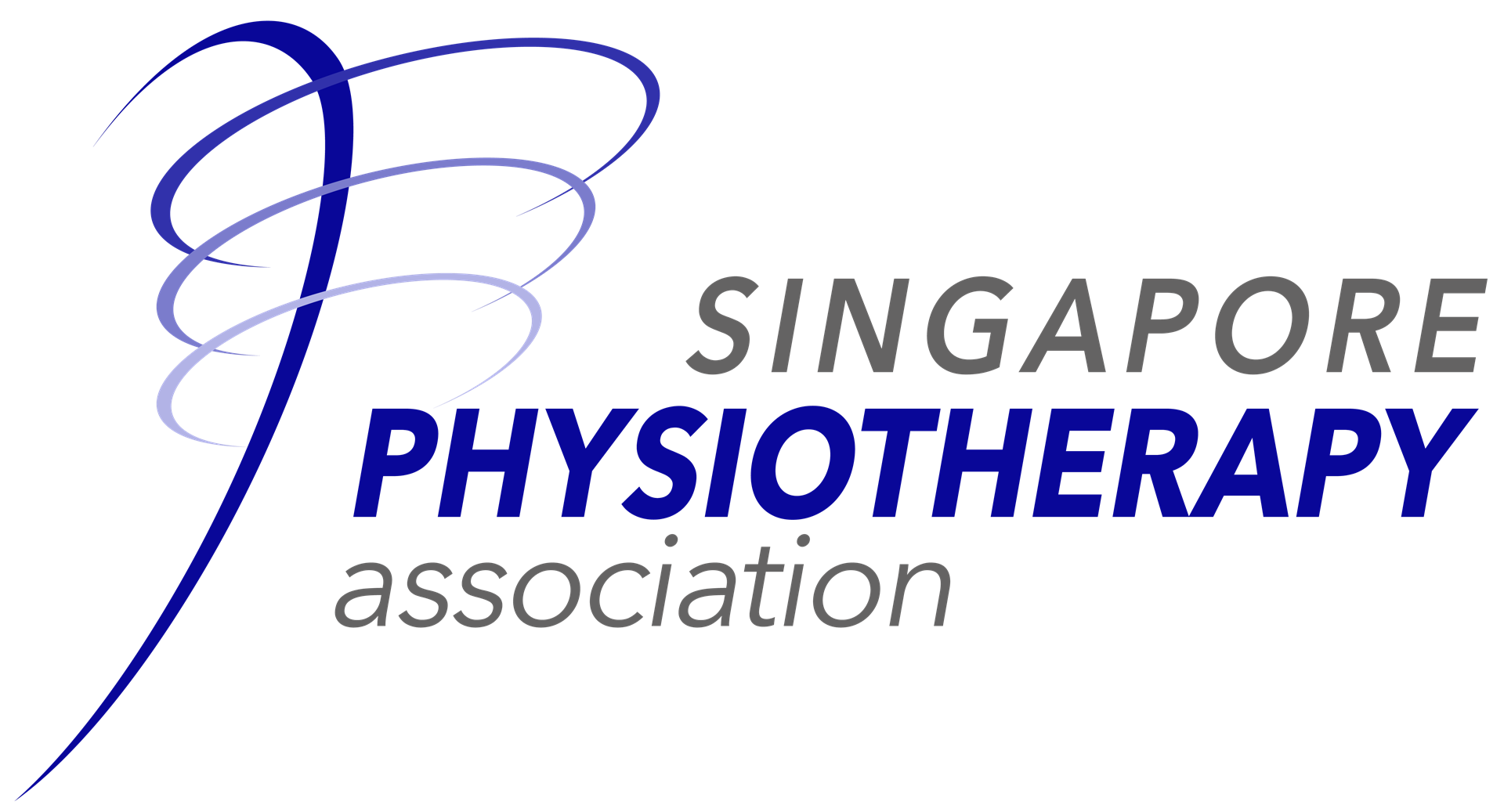- Home
- Singapore-International Physiotherapy Congress 2024
- Pre-Congress Workshops
- Details of Workshops
Workshop 1 (Outline for full day): Enhancing later life among older adults through Functional Fitness MOT and Falls Efficacy
|
Workshop 2 (Outline for full day): Contemporary assessment & management of spine related leg pain
Date/Time 12 July 2024 (Friday) |
Activity |
|---|---|
| 8:30 - 10:00 am | Introduction to the clinical framework |
| 10:00 - 12:00 pm | Clinical assessment in the context of the clinical framework (theory and practice) |
| 12:00 - 1:00 pm | Lunch break |
| 1:00 - 3:30 pm | Management of spine-related leg pain: synthesis of contemporary evidence (theory) |
| 3:30 - 5:30 pm | Management of spine-related leg pain (case studies) |
| There will have short morning/afternoon breaks in between. | |
Workshop 3A & 3B (Outline): Healthy Conversation Skills
| Time | Activity |
|---|---|
| Day 1 | Workshop 3A: Friday, 12th July 2024 |
| Starts: 8:30 am | Welcome, introduction |
| Having a conversation | |
| Social determinants of health and Belief axis | |
| HCS philosophy and skills | |
| Role play and response styles | |
| Reflection | |
| SMARTER goals and homework | |
| Ends: 12:30 pm | |
| Day 2 | Workshop 3B: Monday, 15th July 2024 |
| Starts: 8:30 am | Revisit belief axis |
| Reflection on HCS and supporting change | |
| Introducing behaviour change techniques | |
| Combining ODQs and BCTs | |
| Creating resources | |
| Reflection and feedback | |
| Ends: 12:30 pm |
Workshop 5 (Outline for half day, AM): Ultrasound Imaging in Intensive Care Physiotherapy
Date/Time 12 July 2024 (Friday) |
Activity | Coordinator |
|---|---|---|
| 8:30 - 9:00 am | Introduction (Mini-Lecture 30 mins and Pre-Workshop Survey) - Pre-Workshop Survey - Clinical Evidence of Lung and Diaphragmatic Ultrasound in Physiotherapy - Basic Modes of Ultrasound - Knobs and Probes - B- Mode vs M-Mode |
Dr Geetha Kayambu A/ Prof KR Ramanathan Dr Prit Anand Singh |
| 9:00 - 9:30 am | LUS: Anatomy and Pathology (Lecture 30mins) - Identification of thorax and abdominal borders of normal lung - US Lung diagnosis of pleural effusion, pneumothorax, Pulmonary Odema and Consolidation |
Dr Geetha Kayambu A/ Prof Ong Hwee Kuan |
| 9:30 - 9:45 am | LUS: Generating Ultrasound Images (Video Demo 15mins) - Protocol and anatomical landmarks for lung US Imaging |
Ms Tan Chun Ju |
| 9:45 - 10:15 am | DUS: Anatomy (Lecture 30mins) - Identification of thorax and abdominal borders of normal diaphragm - M Mode interpretation of Quiet breathing, Sniffing, Deep breathing - B Mode interpretation of Zone of Apposition Window and diaphragm thickness - Normative Data |
Dr Geetha Kayambu
A/ Prof Ong Hwee Kuan |
| 10:15 - 10:45 am | LUS: Practical Stations (30mins) (4 stations) - Anterior and Lateral Basal Chest in Supine/Sitting/Right/Left - Identify features of normal lung and diaphragm |
Dr Geetha Kayambu Ms Tan Chun Ju A/Prof Ong Hwee Kuan Mr Qamaramazuran SGA/Prof KR Ramanathan Dr Prit Anand Singh |
| 10:45 - 11:00 am | Tea break | |
| 11:00 - 11:15 am | DUS: Generating Ultrasound Images (Video Demo 15mins) - Protocol and anatomical landmarks for diaphragmatic US Imaging |
Mr Qamaramazuran SG |
| 11:15 - 11:45 am | DUS: Pathology (Lecture 30mins) - Identification of paradoxical diaphragmatic movements - Diaphragmatic interpretation in phrenic nerve injury, stroke, DMD, ALS, ICUAW, SCI - Clinical interpretations in cardiac, thoracic and neurological cases |
Dr Geetha Kayambu A/Prof Ong Hwee Kuan |
| 11:45 - 12:30 pm | DUS: Practical Stations (45mins) (4 stations) - Anterior and Subcostal Hemi-diaphragm View in Supine/Right/Left - Linear and curvilinear probes handling - Identify features of normal lung and diaphragm |
Dr Geetha Kayambu Ms Tan Chun Ju A/Prof Ong Hwee Kuan Mr Qamaramazuran SG A/Prof Ramanathan Dr Prit Anand Singh |
| 12:30 pm | Summary and End |
Workshop 6 (Outline for half day, PM): Rehabilitative Palliative Care in Physiotherapy
Date/Time 12 July 2024 (Friday) |
Activity |
|---|---|
| Starts: 1:30 pm | Lecture: Aligning Palliative Care and Rehabilitative Care concepts – aims and evidence |
| Lecture: Goal setting in Therapy Groupwork: Case study – recognising pall care needs |
|
| Break | |
| Lecture: Physiotherapy practice in Palliative Care settings in Singapore | |
| Individual Reflection – Group discussion Presentation of learning points Q & A Dialogue |
|
| Ends: 5:30 pm | End of workshop |
